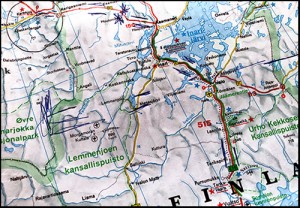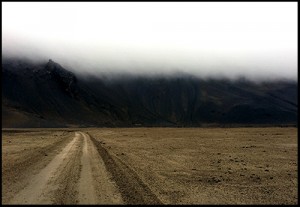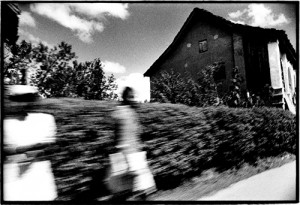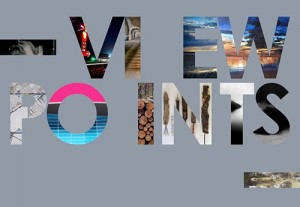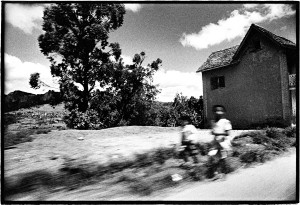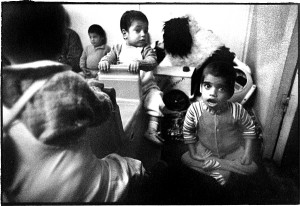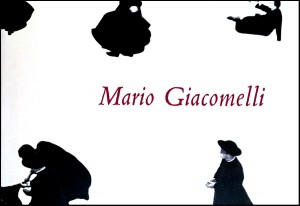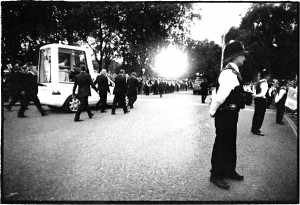Contact sheets: A necessary evil
The life cycle of an analogue print or photograph is fairly simple. You load the film into the camera and expose it to light via a lens and shutter. Then you develop the film with some chemicals, shine some more light through the negative onto some paper, mess about with yet more chemicals, wash and dry, et voilà.
Except there is of course so much more to it than that.
Quite apart from the techniques, materials and methods, there are the photographer’s routines, preferences and I guess even superstitions. Then there is the balance between discipline and child-like abandon and enthusiasm. Cataloguing, notes and storage also play an important part…
In short, is a photographer a mad scientist, chaotic artist or an anal control freak? Or a wonderfully infuriating combination of all three?
And fitting snugly into the middle of all these routines, needs and behavioural patterns are the humble contact sheets.
Off the back of developing the film, if you are lucky enough to spot some stand out images, the first thing you want to do is print them. Maybe go through all the negs first – using the enlarger to view them – but first and foremost, you want to print them.
Give in to this desire though, and you will regret it. Contacts are the backbone of a photographers work, the foundation around which the darkroom functions. Without them you will struggle to remember which frame you used when you return to reprint an image, assuming there are a few that are similar. You can write printing notes on them, number the page and frame for cataloguing and go through your images again and again without fear of damaging the negatives.
When it comes to the moment of printing contacts, I know I will struggle to find the will power and discipline: It is a chore that must be done.
But years of experience have taught me that I never regret doing them, yet always regret it if I don’t.
